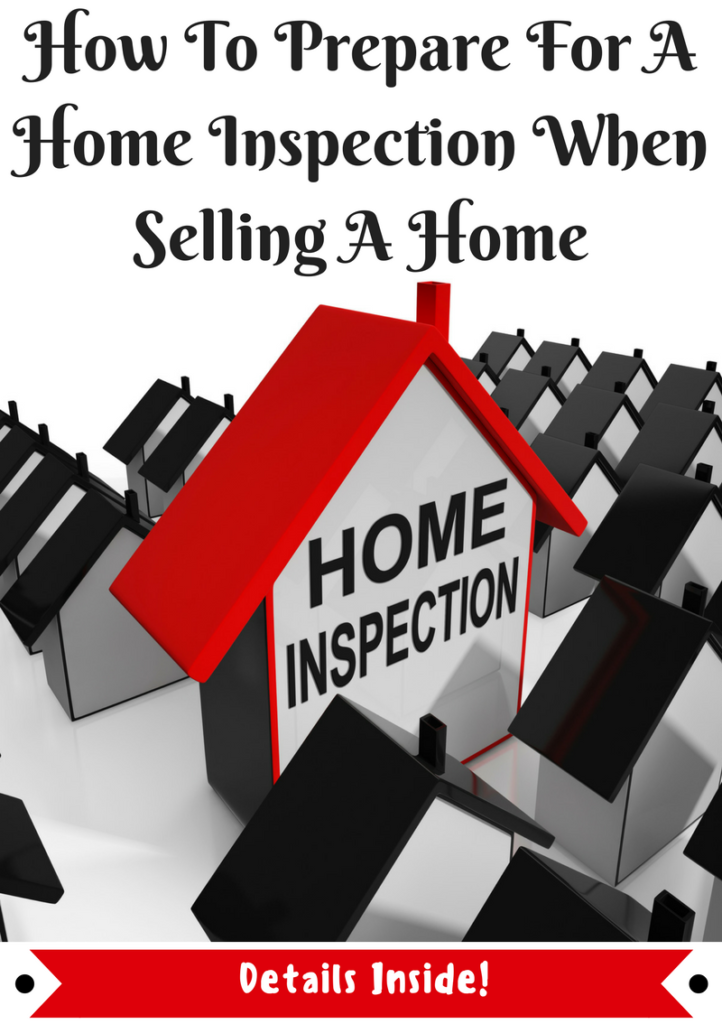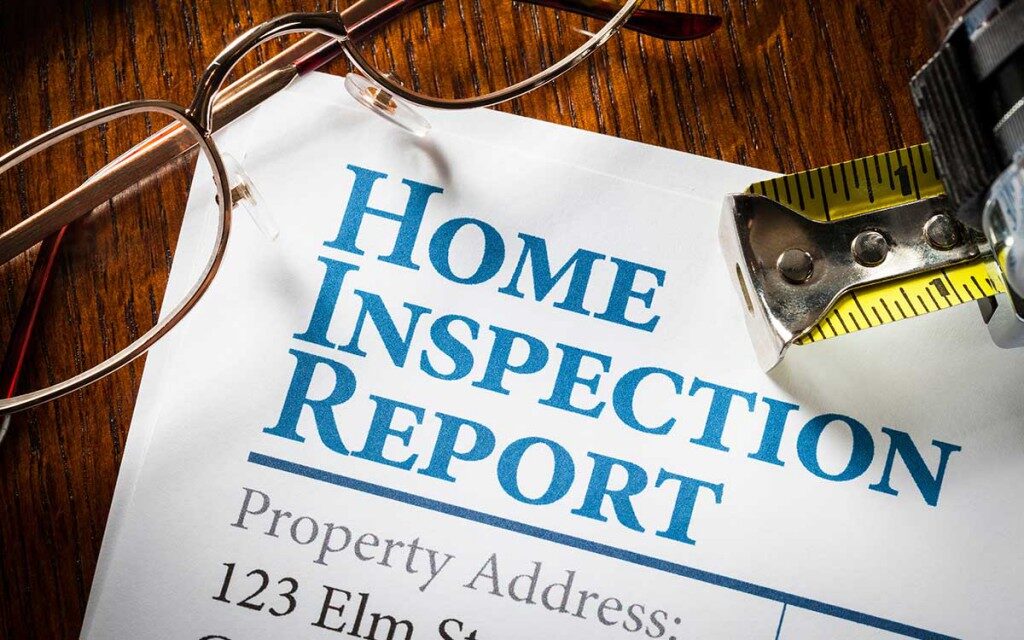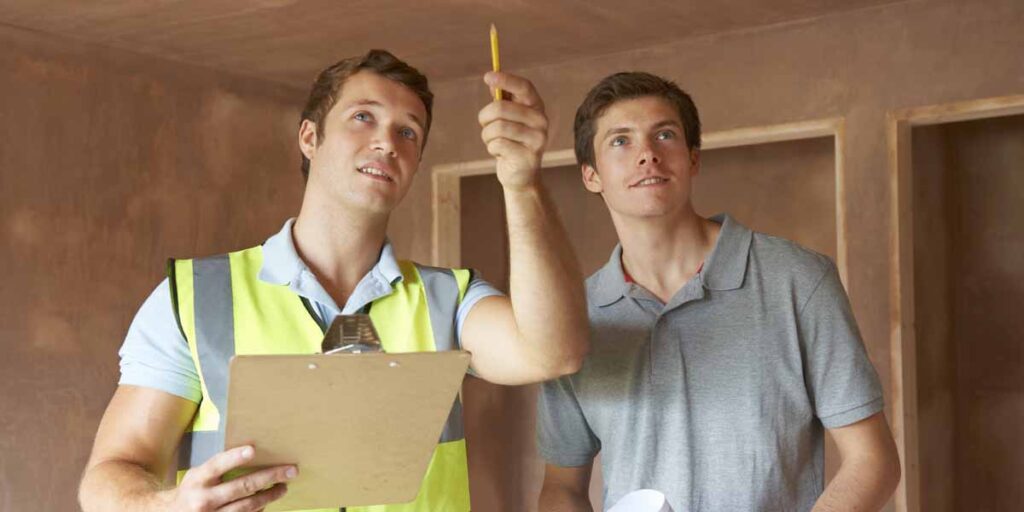The Importance of Home Inspections: What to Look for & How it Works
Home inspections are a visual evaluation of a home from roof to basement. It’s an important step in the home purchase process that alerts buyers of what may need attention before finalizing a contract. Though not required by your mortgage lender or realtor, it is often a highly recommended step to ensure you’re investing in the right property.
What does an inspection cover?
A licensed inspector checks the performance of the home’s roof, driveway, foundation, framing, electrical, HVAC, and plumbing.
Some of the specific things they will inspect include:
Electrical outlets
Window alignment
Septic tank and pipe leaks
The condition of roof shingles
Sufficient insulation
Basement and garage foundations
Proper functioning of appliances
Proper ventilation
Up-to-code wiring
Proper functioning of circuit breakers
Operational fire and carbon monoxide alarms
The general condition of windows, doors, floors, ceilings, and walls
Home inspections aren’t just for your home purchase; they’re important for future planning, too. Some of the information you learn can help you predict future expenses like replacing your roof or water heater. It’s a thorough process that often lasts anywhere from two to three hours.
What is not covered by a home inspection?
Home inspections can only consider visual cues. It’s not an in-depth exam, so it’s important to know that inspectors cannot check:
Inside walls
Inside pipes or sewer lines
Inside chimneys
Behind electrical panels
Septic tank systems
Floor creaks and warps
Swimming pools
Toxic mold
Asbestos
Pest control

How To Prepare For A Home Inspection When Selling A Home
One of the most important steps in a real estate transaction is the inspection period. There are many real estate transactions that don’t make it past the home inspection period.
Findings from the home inspection is one of the most common reasons why home buyers get scared when buying a home. Some buyers are scared by the smallest deficiencies in a home while others are not. Also the interaction between an inspector and buyer as well as the buyer and their agent can make or break a transaction when issues are discovered during an inspection.
Many of the things that scare away a buyer are things that could be avoided if you prepare for a home inspection properly. Working as a Webster NY real estate agent, I always mention to my sellers that it’s better to be proactive when selling a home since it can eliminate issues in the future.
Why The Home Inspection Is Important
There are tons of reasons why having a home inspection is suggested when buying a home. Whether your selling your home to a first time home buyer or a buyer who is purchasing their tenth home, it is a huge life event. Most home buyers are seeking peace of mind when buying a home. One of the most important reasons why home inspections are important is because it improves peace of mind for a buyer.
Home inspections are important in real estate also because they are a relatively cheap way to help forecast future costs. A home inspection is almost a blueprint to help a home buyer predict what future expenses they will have.

What Buyers Need to Know about a Home Inspection
A home inspection is a critical part of any home sale. It assesses the house based on functionality. Do the major components such as the roof, appliances and plumbing perform properly? Home inspectors are trained professionals who visually inspect everything and provide a detailed, written log of every aspect of the home that is deficient, hazardous, or nearing the end of its life.
Unless you are buying a brand new home, your home inspector will likely find problem areas. Don’t stress. This doesn’t mean the house of your dreams is unlivable. It means you need to be aware of key areas. Maybe the roof is good for now, but old enough that it will likely need to be replaced within a few years. Or perhaps the water heater is broken. Think how important this information is to you and the people funding your purchase—your bank. The home needs to be kept in good shape so that it maintains the value your bank loaned you.
If the inspection finds that significant money will be required for home maintenance immediately or in the near future, one of two things happen.
Most frequently, you will renegotiate the details of the home purchase. For example, imagine you bid $200,000 on a home and your offer is accepted. A few days later, the home inspection reveals an electrical problem in the kitchen that would cost $500 to fix. A logical next step is to ask the seller to fix the electrical problem before closing. A second option is to require the seller to knock $500 off the sale price, making it $199,500, and then you would be responsible to fix the electrical problem. If the seller doesn’t agree to fix the issues discovered during the inspection or renegotiate the price, you can get your earnest money back and no longer have to buy the home.
A less common option is that you, along with your bank, ensure that you are able and willing to take on the financial burden of all repairs. This allows you to purchase the home as-is.
The home inspection is likely to introduce a list of items that need to be negotiated you will have the assistance of a Homie attorney who draws up all paperwork for you as you negotiate.
When you sign a sales agreement, that’s a great start on buying a home. But what really “seals the deal” is keeping a calm, reasonable approach during the negotiation over repairs. Be willing to listen to what the sellers want. State clearly what you want. Listen to the advice of your real estate attorney. Think outside the box to come up with possible solutions. Remember that both parties want the deal to go through. Once you’ve gathered all your data, make your decisions based on what is best for you and be firm with that decision. If a seller refuses to pay for a repair, feel free to shop elsewhere for a house. A sale that falls through is often better than a sale that isn’t right for you. You can always make a different decision the next time around.

What does a home inspection cover?
While a home inspection can’t detect every possible flaw, it provides valuable info to help you decide whether to buy a home.
Buying a home is likely one of the biggest financial commitments you’ll ever make. It can also often be one of the most exciting. But before you plunk down your hard-earned cash on that house of your dreams, it makes sense to carefully check out exactly what you’re getting yourself into. The best place to start is by hiring a professional home inspector to conduct an objective evaluation. You can then make your offer conditional upon being satisfied with the results of the inspection.
What can you expect to learn?
According to The Home Inspection Network, a division of Brookfield RPS that provides a service connecting buyers and sellers with home inspection services across the country, a home inspection is an in-depth, visual examination and evaluation of the accessible structure (inside and out) and all major systems of the house. It also identifies structural problems or other defects, and notes any repairs that may be needed and what the associated costs will most likely be.
The main items examined in a home inspection are:
Exterior of the home’s site/lot
Building’s foundation
Exterior walls of the home
Roof coverings, flashings and gutters
Roof support structure
Attic
Basement
Insulation
Garage
Electrical system
Plumbing system
Central air and heating system
Items normally not included in a home inspection include:
The cosmetic or aesthetic features of a home
Swimming pools and spas
Fireplaces and other wood burning devices
Outbuildings
Systems such as the telephone, cable TV, alarm systems and lawn sprinklers

Things Homeowners Should Do to Prepare for Their Home Inspection
Preparing for Your Home Inspection Makes it Easier for You and Your Inspector
Preparing your home in advance allows the homeowner to ensure that there are no surprises or inconveniences on the big day.
The following are essential tips on how and why you should prepare for a home inspection:
Make Sure the House is Clean
This might sound like a simple task, but there are homeowners who tend to overlook it. A clean property is validation to the inspector and others viewing your home that you take proper care of the house and helps to create a good impression. While a trained inspector won’t let their first reaction guide their inspection, it’s best for all parties to work together without the clutter.
Be Punctual
Whether running to a Doctor appointment in between work hours or soccer practice in the evening it gets tough to keep all the balls in the air. Trust me; we understand how much time it takes to run a household which is why it is important for the Home inspector to be on time for you. Home inspectors also have many appointments throughout the day, and often try to arrive early to the homes they are to inspect. If a homeowner isn’t home or isn’t prepared for the inspector at the scheduled time it will cause the inspector to be tardy for other homeowners; being mindful of the time will help everyone’s day run smoothly.
Make Sure the Utilities Stay Connected
The home inspector will have to run the dishwasher, turn on the stove, test the furnace, and switch on the air conditioning to see if they are all in working order so make sure you leave all utilities connected, particularly if the house is vacant. It would be a major inconvenience to have to schedule a further inspection because one or all of the utilities are shut off.
Provide Workspace Near the Furnace, Air Conditioner and Water Heater
You should remove any furniture and other large items that might block easy access to your air conditioner, furnace, and water heater. The inspector will require at least 3 to 4 feet of working space to properly inspect these items. In most cases, they will not move any obstacles denying them access, which will result in further delays.
Leave the Keys for Electrical Boxes and Outbuildings
When you have a detached garage or an exterior building, make sure you have left the remote control and keys for the inspector. In addition, unlock the sprinkler system cover and all electrical boxes. Providing easy access to all these items will make the inspection go quickly and free of preventable issues.
Leave a Note
In most cases, leaving a note is not necessary. However, if some aspect of your property is damaged or broken and you are in the process of fixing the issue, it can be helpful to leave a note for both the inspector and for your potential buyers who may accompany the inspector. When leaving a note, it shows that you are not attempting to hide anything and also lets the interested parties know that you are aware of, and are intending to fix an issue.